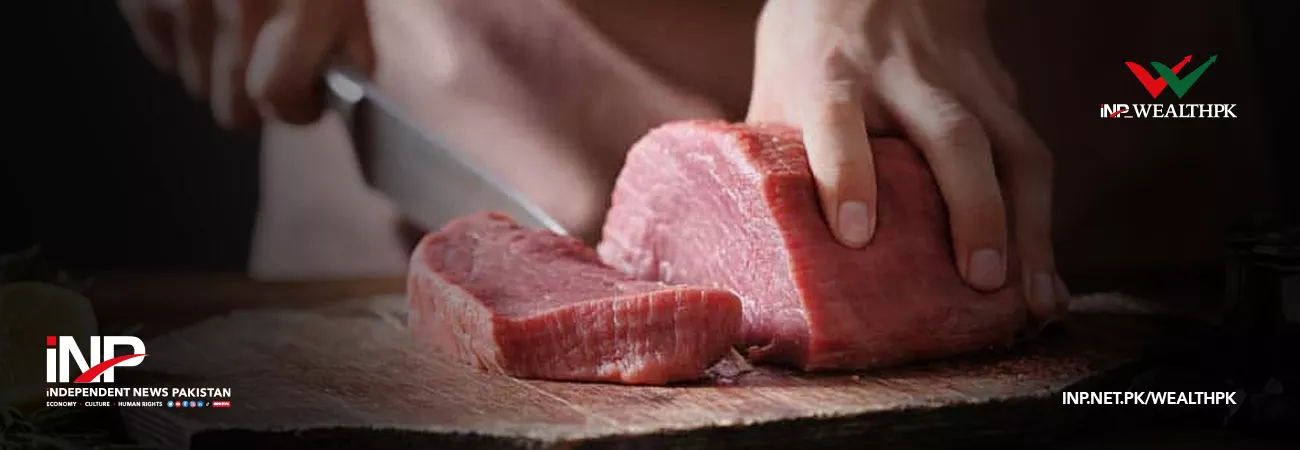INP-WealthPk
Arooj Zulfiqar
The global demand for frozen meat could be an opportunity for Pakistan, as the country is one of the world's major producers and exporters of meat, particularly beef. Pakistan's geographical location and growing meat industry make it well-positioned to cater to the rising global demand for frozen meat. The booming global market for bovine meat is shifting from fresh or chilled beef to the frozen market segment. The bovine meat trade in 2020 was worth $54 billion, according to the UN Comtrade database. During 2016-20, the industry grew at a healthy compound annual growth rate (CAGR) of 6.3%.
During 2009-2020 frozen beef was the largest imported category, outperforming chilled or fresh beef, accounting for 56% of global bovine meat imports. The increasing demand for frozen meat is due to its longer shelf life, convenience, and easy storage and transportability. Pakistan has the potential to export frozen meat around the world with its abundance of livestock and skilled workers. Data from the Trade Development Authority of Pakistan (TDAP) shows that the exports of bovine meat reached $24.8 million during February 2023 against $24.3 million during the same period of 2022, showing a growth of 2%.
Meat exports from Pakistan are largely concentrated in the fresh or chilled market segment, specifically in the carcasses and half carcasses category, with most exports going to Gulf Cooperation Council (GCC) countries. The need to shift towards the frozen beef market segment is also crucial to expand to major markets in Asia, including Malaysia, Indonesia, and Vietnam, where similar consumption patterns are observed.
The competitiveness of Pakistan's meat sector in international markets is adversely affected by various factors. Firstly, there are high costs associated with sourcing animals, and yields in the livestock sector are relatively low. This is due to the lack of meat breeds, limited availability and high costs of quality fodder, and insufficient adoption of good husbandry practices. Additionally, outdated methods and technologies used in aggregating and selling animals contribute to the challenges faced by the industry.
The high costs of livestock make it difficult for local processors to compete with major exporters in the global marketplace, especially in the frozen meat segment where price competition is intense. In order to capture a bigger market, Pakistan needs to ensure that its meat industry adheres to international standards for quality and safety. Pakistan will also need to establish efficient supply chains and invest in modern processing facilities and technologies to maintain the quality and freshness of the frozen meat.
Credit: Independent News Pakistan-WealthPk




